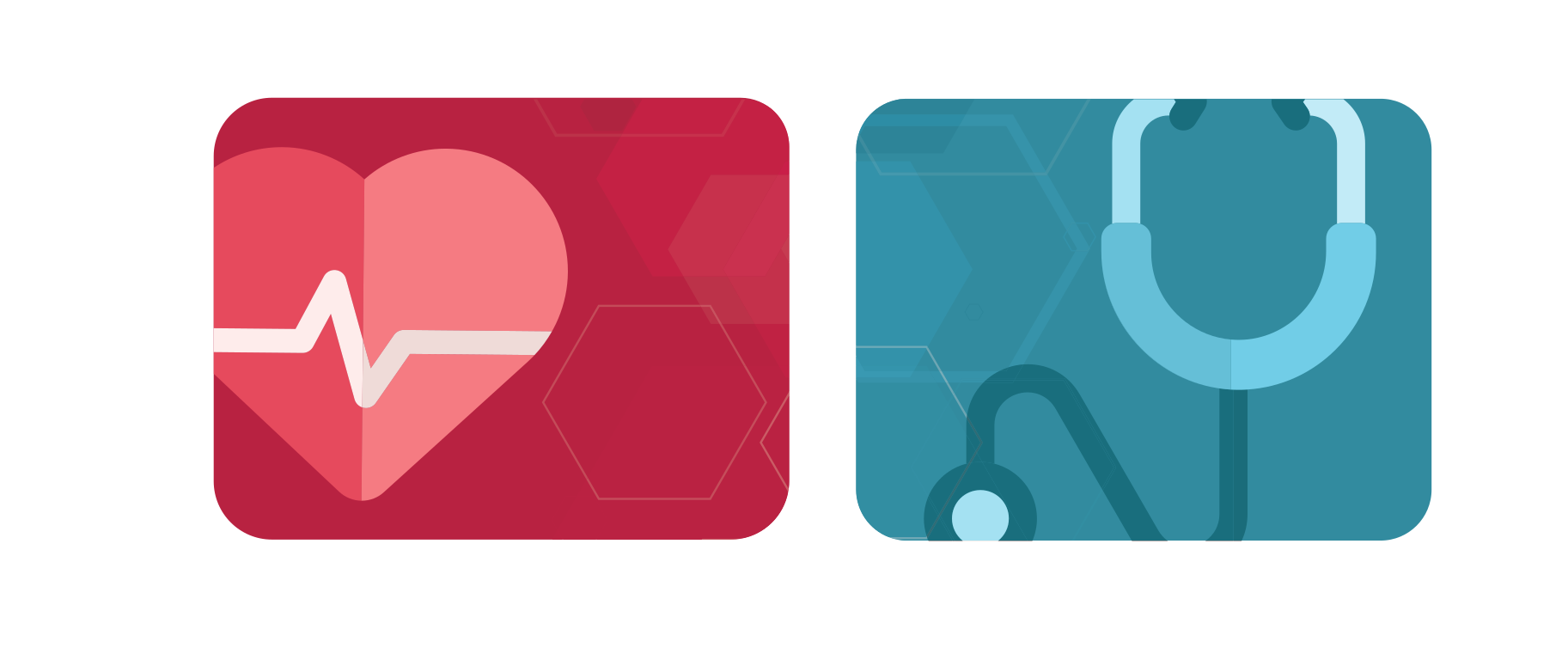Hospital to run GNU Health, openSUSE
20. Oct 2021 | Douglas DeMaio | CC-BY-SA-3.0

NUREMBERG, Germany, Oct. 20, 2021 - Thousands of patients in the coastal area of Kribi, Cameroon, are set to gain enhanced health-care delivery as a hospital in the city expands with the use of energy efficient open-source solutions.
The Ebomé Hospital, which is on the southern coast of central Africa, has 24-hour emergency services, an operating room, radiology, maternity, a laboratory, a pharmacy and other services. The hospital treats thousands of people every year.
As the facility expands, it will use the Hospital Information System GNU Health to manage patient records, laboratory information and administrative services. The system will be running openSUSE Leap 15.3 on several Raspberry Pi 4 computers.
“The excellent, long time relationship among openSUSE and GNU Health communities have resulted in a solid infrastructure that delivers state of the art technology all while delivering outstanding performance and protecting the privacy of the patients and health professionals,” said computer scientist, physician and Free Software advocate Luis Falcón. “From Single Board Computers to enterprise grade servers, to mobile phones. Our communities will continue pioneering and delivering state-of-the-art technology in the areas of public health, hospital and laboratory management, bioinformatics and personal health tech like MyGNUHealth.”
Patients can access personal health records through MyGNUHealth running openSUSE on the PinePhone; or running KDE’s Plasma Mobile, XFCE or their favorite desktop environment. The hospital, which is managed by a Spanish Non-Governmental Organization called Ambala, will be using GNU Health’s 4.0 version on the single board devices with all the hospital- and laboratory-management components.
Half of the 40 Pi workstations in the facility are donated by GNU Solidario, which is an NGO founded by Falcón, and openSUSE.
“The donation of Raspberry Pi and other single board computers helps us a lot to achieve our mission of Universal Health,” he said. “We ship GNU Health embedded on these devices to any health institution around the globe. They don’t have to worry about installation or any technical details, and focus on what is most important, the well-being of their population and patients.”
The 62-bed facility has 65 health professionals and covers an estimated population area of 180,000 people.
The collaboration with the hospital will be discussed at GNU Health Con 2021 from Dec. 10 - 11.
People interested in supporting the project and donating boards like a Raspberry Pi 4 can send an email to info@gnuhealth.org or view the GNU Health donations page.
Categories: Announcements openSUSE Leap
Tags: openSUSE SUSE Developers sysadmin user Open Source Community Leap YaST KDE Xfce Plasma Mobile Developers Open Source GNU Health Cameroon get opensuse Social Medicine Community Hospital Raspberry Pi PinePhone administration Africa Hospital Information System Linux Open Source Energy ESG